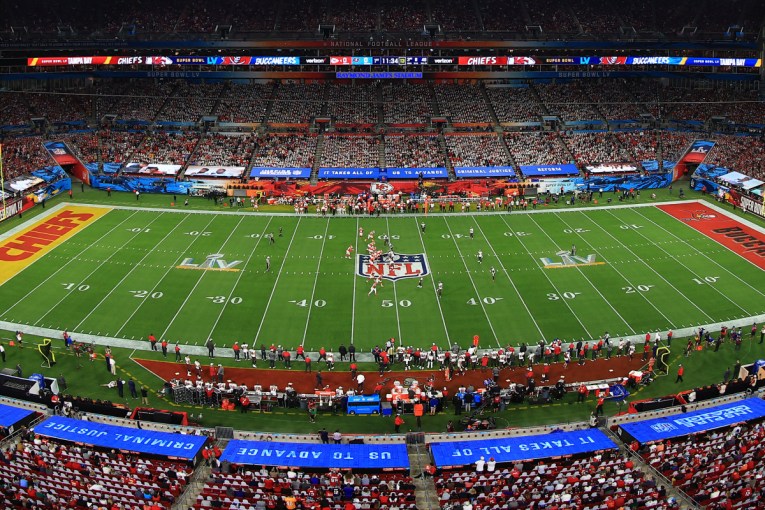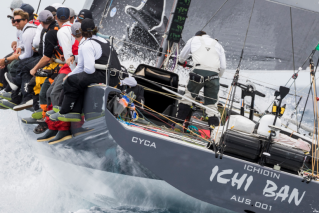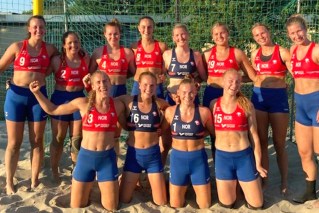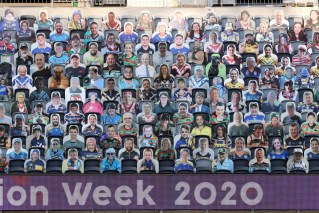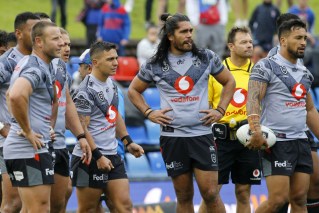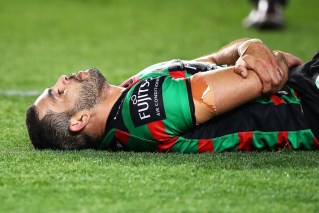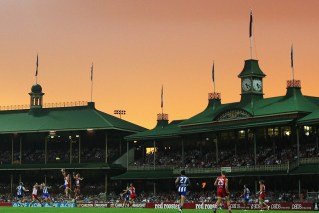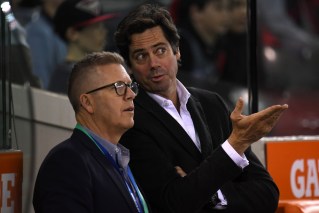Storm boss breaks silence
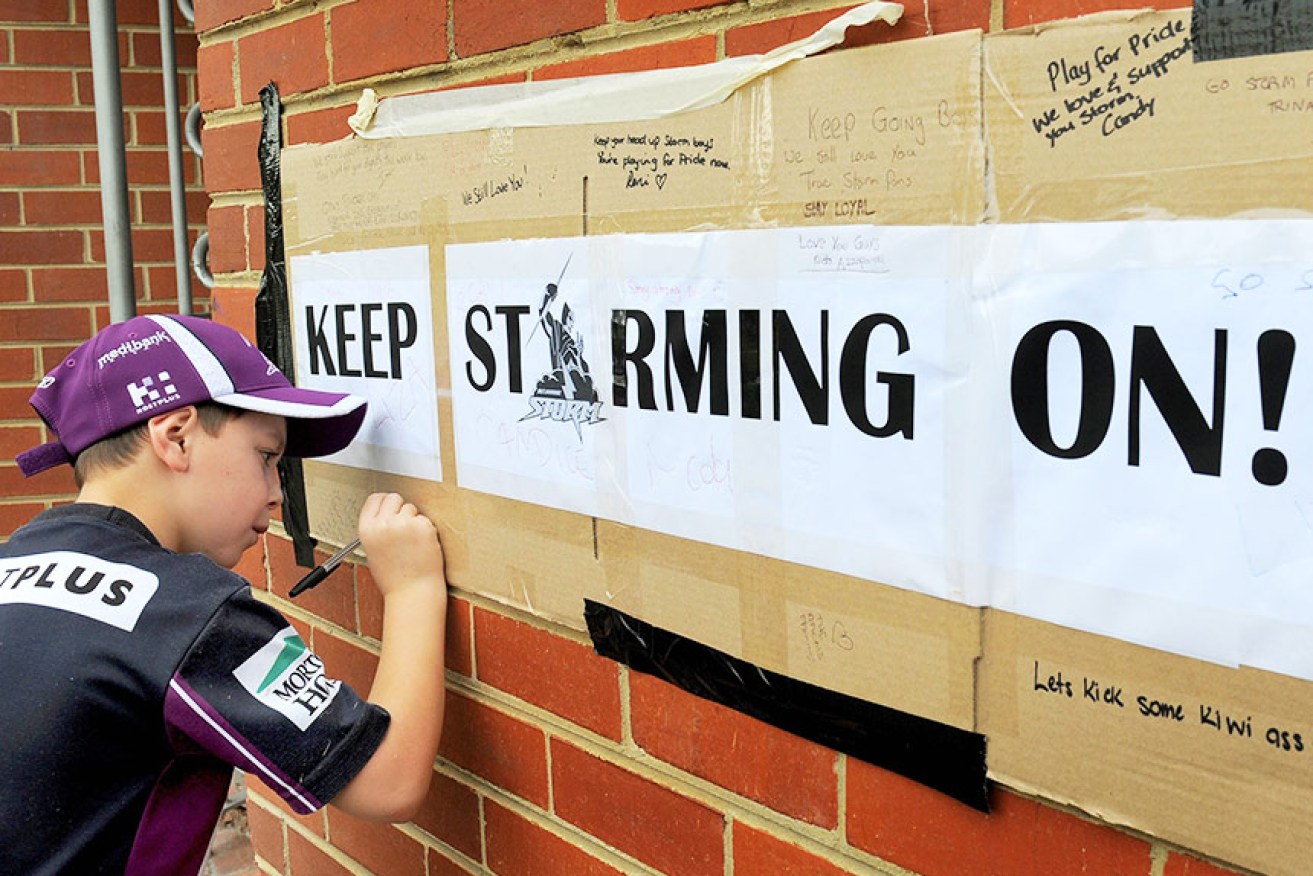
AAP
Sport can be murderous, cold blooded, ferocious and cruel.
I’m not dramatising. I expect the likes of Matthew Elliott, Steve Kearney, Damien Hill, Michael Voss and Mark Neeld would agree. Scott Watters, Dean Robinson, and Cronulla coach-in-exile Shane Flanagan would also be nodding their heads in support.
Let’s ask the families of David Furner, Neil Henry, David Evans or Shane Flanagan if they think I am being melodramatic. They are most likely to feel the residual effects of their loved ones’ fall, be it through failure or disgrace. They provide the love and support to help them overcome the trauma of their demise and the public humiliation they endure.
Finger-pointing starts when a season that begins with promises and expectations rapidly becomes quicksand that leads to despair. It evokes a multitude of opinions about who is at fault and what remedial action is required.
For some clubs this is a regular occurrence while others routinely sit at the pinnacle, annually challenging for premierships. What sets them apart?
Sustainable success in sport is rooted in strategising, planning and, most essentially, executing plans. This is to mesh reality, align people with goals, and stay disciplined to achieve expected results.

Former Melbourne Storm boss Brian Waldron. Photo: AAP
Few clubs plan and execute well. Those that do rarely visit the wilderness. The best are easy to spot. Geelong’s latest version of their plan is titled Good to Great. It’s been a rolling plan since 1999. It states its purpose and has delivered. It’s no fluke. They’re in an elite class that includes Hawthorn, Manly and the Storm.
Regretfully I got ahead of myself. It’s absolutely appropriate that I apologise to all those hurt by my actions and I do so without reservation.
Others fail. Sometimes they fail on execution, incapable of staying the course. Or they can fail because of poor coaching appointments. Reputations of the highly-decorated have been corroded when they are coerced to give it one more go. Allan Jeans at Richmond and Malcolm Blight at St Kilda come to mind. Fortunately time heals these small nicks in magnificent careers.
There’s the impatient former great on-field warrior prematurely thrown in the deep end as head coach. Their spirit is willing but their inexperience is a burden. Some have never known failure. When confronted with it they can’t cope.
We’ve seen the anointed ones mentored by highly successful coaches. They appear ready but fall short. The expectation and pressure combined is too much.
Clubs can also fail because of poor recruiting. The short-term approach is the riskiest of strategies. Those who take this path can endure hardship for years. For a Richmond supporter, the mere mention of the selection of Richard Tambling over Buddy Franklin and Jarryd Roughead delivers excruciating pain akin to a Slurpee brain freeze.
Arguably the gravest failure in clubs is that driven by ego and emotion. It is a dangerous cocktail of trouble.
Invariably disaster happens when those in positions of authority or influence let their emotions and ego determine their decisions. Actions occur that are detrimental to the club, the interest of the code and sometimes even the health and well-being of the players. It causes great pain and invariably ends in tears.
In such situations boundaries are pushed collectively and individually. Processes are broken. Policies are ignored. Risks are taken. Expensive decisions are made in search of that competitive edge.
There are ramifications. Consequences can be dire and often near-terminal. Years of rebuilding may be required. Draft picks may be lost and financial penalties imposed. Points, even premierships stripped. Reputations and careers torched.
Responsibility for failure is rarely exclusive but it is appropriate that responsibility is attributed to leaders. This is just. Leaders are accountable whether by their actions, their inactions or their naivety. Be it about salary cap breaches, recruitment errors, coaching appointments or the pursuit of scientific advantage, the buck stops at the top.
I was a CEO across three major sporting codes – AFL, NRL and ARU – until revelations of salary cap breaches during my time at the Melbourne Storm led to my departure from the then fledgling Melbourne Rebels rugby union club.
For years I had a quote on my PC desktop from former Wallaby Coach Alan Jones. It was my mantra. It read:
There are no apologies in the pursuit of victory. In a tough caper like our’s, hard, far-reaching decisions have to be made that affect egos, income and careers.
I have received both praise and indignation for my work in sport administration. Regretfully the good is quickly forgotten when wrongdoings are laid bare. I understand and accept this is the consequence of inappropriate actions.
Regretfully I got ahead of myself. It’s absolutely appropriate that I apologise to all those hurt by my actions and I do so without reservation.
In sport people come and go and learnings are lost with them. It needn’t be that way. While failure can be a better teacher than success, I know which one I prefer. Good sporting organisations share the same philosophy.
Brian Waldron is a former CEO of St Kilda, Melbourne Storm and the Melbourne Rebels. He will write regularly for The New Daily on the business of sport.
